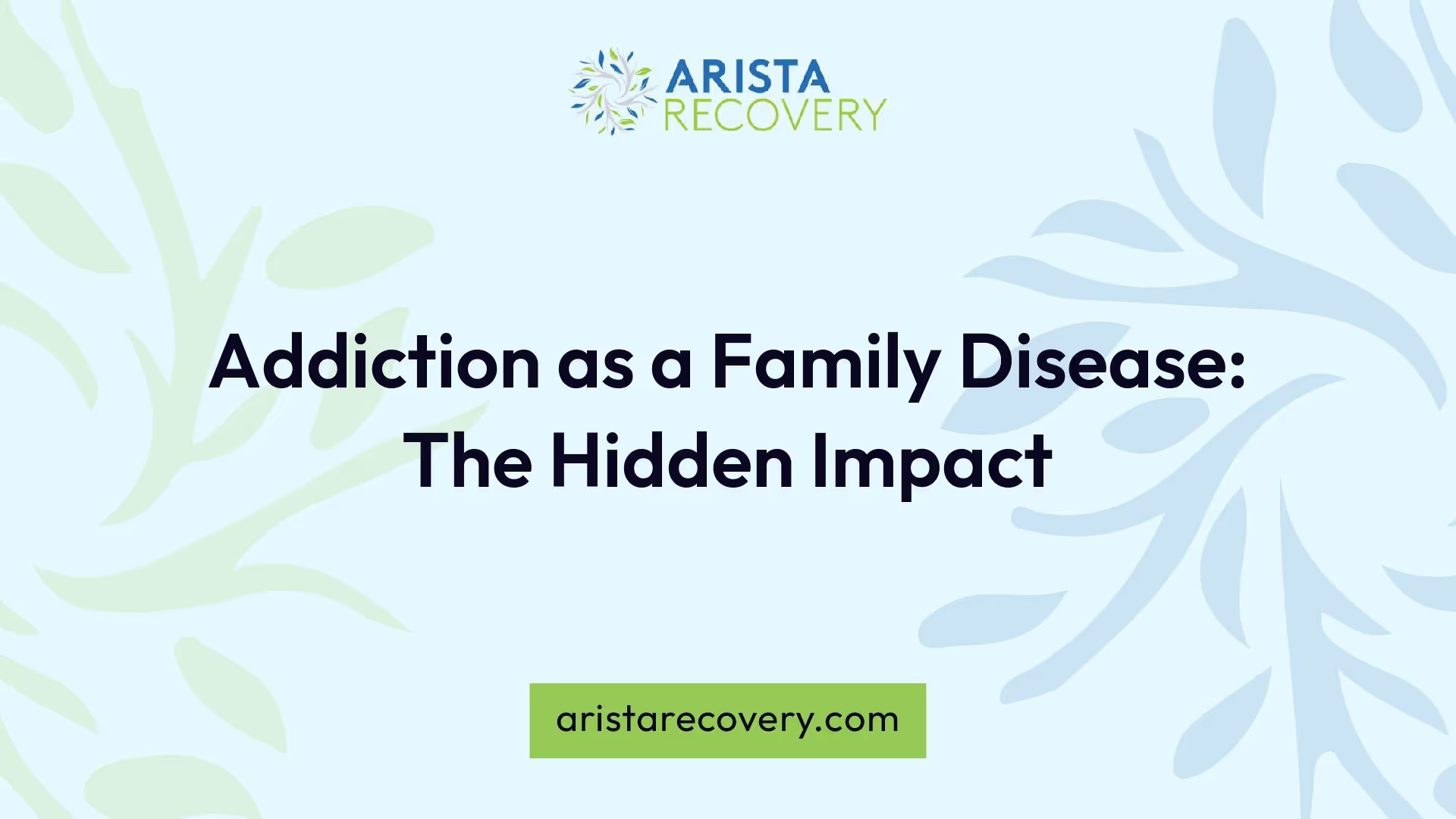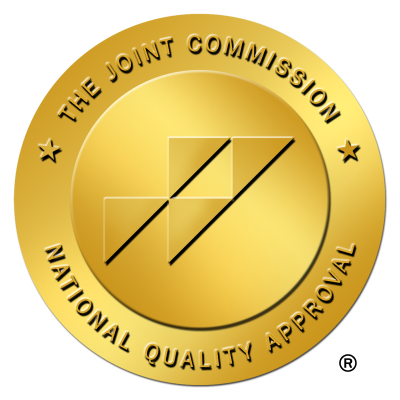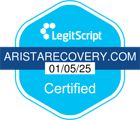Addiction as a Family Disease: The Hidden Impact

Understanding Addiction
Understanding addiction as a family disease involves exploring both the inheritance of addictive behaviors and the genetic influences that contribute to substance use disorders.
Family Inheritance of Addiction
Addiction often runs in families, suggesting a hereditary component that is passed from parent to child through genes. This familial linkage offers insights into individuals' vulnerabilities to addiction. Studies show substance use disorder has an inherited aspect, illustrating how genetics play a vital role in developing these conditions. It is important to recognize that addiction is not solely a personal failing but can be influenced by family history.

Genetic Influences on Addiction
Genetic factors significantly influence the risk of addiction. Research indicates that genetics account for 40-60% of a person's susceptibility to substance use disorders. This statistic highlights that multiple genetic variations interact with environmental influences to shape addiction vulnerability. Each individual inherits a unique blend of gene variations that can either increase or decrease their risk of developing addictive behaviors [1].
Scientists have begun to identify specific genes associated with various forms of addiction. By analyzing the genomic data from over 1 million individuals, researchers discovered shared genetic markers across different substance use disorders. These findings may lead to new treatment options and targeted approaches for individuals dealing with multiple disorders [2].
Understanding these elements helps frame addiction as a complex disease influenced by genetics and inheritance. Recognition of addiction as an "addiction family disease" encourages families to seek support and treatment not only for the individual but for the family unit as a whole. For further insights on supporting a loved one through recovery, refer to our guide on five ways to support a loved one through treatment.
Impact on Families
Addiction is not merely an individual struggle; it profoundly affects families. The repercussions extend into various realms including financial strain and relationships. Understanding these impacts is crucial in comprehending the concept of addiction as a family disease.
Financial Strain and Addiction
Families dealing with addiction often face significant financial challenges. The habits associated with substance abuse can lead to job loss, unpaid bills, or unexpected expenses related to treatment or legal issues. As a result, other family members may need to take on extra work to keep the household running smoothly. This additional financial burden can cause stress and strain among family members, leading to conflict or resentment.
To illustrate the financial impact of addiction, consider the following table:
The financial implications of addiction can shift family dynamics, as responsibilities and roles change to manage the added stress [3].
Enabling Behavior and Recovery
Enabling behavior represents a significant challenge for families affected by addiction. Family members may engage in behaviors that unintentionally support the addict's substance abuse. This includes supporting the individual financially or making excuses for their behavior. This enables the addiction to continue, complicating the recovery process.
Understanding enabling behavior is critical. Families can play a crucial role in either supporting recovery or perpetuating addiction. By recognizing unhealthy patterns, family members can begin to change their roles and foster a more supportive environment for recovery. Engaging in conversations about boundaries and seeking help through family therapy can assist in breaking the cycle of enabling behaviors.
By addressing these behaviors and working toward healthier family dynamics, families can become essential allies in the recovery journey. For further strategies on how to support recovery, check out our article on ways to be supportive of recovery and learn how to recognize eight signs loved one suffering addiction prescription painkillers.
Supporting Recovery
Addiction is often described as a family disease, as it affects not only the individual but also their loved ones. Supporting recovery involves interventions at both individual and family levels. The roles that family involvement and the education and training of counselors play in this process are crucial.
Family Involvement in Recovery
Family participation in recovery can make a substantial difference in the healing process for individuals struggling with addiction. Active involvement helps create a supportive environment that fosters understanding, love, and encouragement. Families are often critical in guiding the addicted individual toward treatment and recovery.
Families can help in several ways:
For more information on how families can support loved ones through treatment, read our article on five ways to support a loved one through treatment.
Education and Training for Counselors
Counselors with specialized training in addiction are essential for supporting individuals and families affected by addiction. Pursuing a Bachelor of Science in Counseling focused on addiction, chemical dependency, and substance abuse, followed by a Master of Science in Addiction Counseling, can equip professionals with the necessary skills to navigate the complexities of addiction within a family context [3].
Effective education and training cover various aspects:
By enhancing the skills of counselors, families can receive appropriate guidance and support throughout the recovery journey. To learn about ways to be supportive of recovery, visit our article on ways to be supportive of recovery.
Involving families and ensuring that counselors are well-prepared can create a stronger foundation for healing and long-term recovery from addiction. The combined efforts of both can help mitigate the impact of addiction as a family disease.
Genetic Factors of Addiction
Understanding the genetic factors involved in addiction is crucial in recognizing why it is often considered an addiction family disease. Multiple genes and shared genetic markers play significant roles in determining an individual’s risk for developing substance use disorders.
Shared Genetic Markers
Recent research has highlighted the existence of shared genetic markers across different addiction disorders. By analyzing genomic data from over 1 million individuals, scientists have identified genes that are commonly inherited regardless of the specific substance involved in the addiction. This research indicates that there are potential new treatment targets for various substance use disorders, including cases where individuals may be diagnosed with more than one addiction disorder [2].
Role of Specific Genes
Genetic factors significantly contribute to an individual's risk for addiction, accounting for approximately 40-60% of that risk. Various genetic variations, in combination with environmental influences, shape an individual’s vulnerability to addiction. Each person inherits a unique mix of gene variations that can either increase or decrease their probability of developing a substance use disorder.
Common genes related to addiction include:
Understanding these genetic factors is essential for developing effective prevention strategies and treatment options. For family members wanting to support their loved ones during recovery, exploring ways to understand these genetic influences can be invaluable. Consider reading about five ways to support a loved one through treatment.
Effects on Children
The impact of addiction extends beyond the individual suffering from it; it significantly affects their family, particularly children. These effects can manifest in various forms, influencing the child's development, behavior, and future relationships with substances.
Long-term Impact of Parental Addiction
Children who grow up in households with a parent suffering from addiction often face severe long-term consequences. These children are more likely to develop substance use disorders (SUDs) in adulthood and are approximately three times more likely to experience neglect or physical and/or sexual abuse [4]. The trauma of witnessing a parent's struggles with addiction can leave deep psychological scars.
This environment can lead to various behavioral problems and challenges in later life. Children often struggle with feelings of abandonment, low self-esteem, and emotional instability, which may perpetuate a cycle of dysfunction.
Adolescents and Substance Abuse
Teenagers exposed to parental substance abuse are particularly vulnerable to following a similar path. Their formative years are crucial for identity development, making them more impressionable and susceptible to adopting similar behaviors. This demographic is at a heightened risk of substance use, which can lead to poor performance in school and overall life challenges.
Substances such as cocaine can cause overstimulation in teenagers, resulting in sleep disturbances and academic difficulties. Conversely, opioids may induce euphoric effects but carry devastating side effects, further complicating their development.
The influence of addiction as a family disease is profound, highlighting the need for greater awareness and support for both individuals struggling with addiction and their families. Programs focused on prevention and support can help mitigate these impacts, ensuring healthier futures for children affected by parental addiction. Resources such as exploring five ways to support a loved one through treatment are invaluable for families seeking to navigate these challenges.
Prevention Strategies
Effective prevention strategies for addiction focus on understanding the social influences on adolescents as well as implementing comprehensive programs that tackle various risk and protective factors. These strategies can mitigate the onset of substance use and support healthier developmental pathways.
Social Influences on Adolescents
Adolescents are heavily influenced by social dynamics, which can significantly affect their choices regarding substance use. Positive attitudes and expectations toward substance use, as well as the modeling of such behavior by significant adults, play critical roles in shaping adolescents' perceptions. Moreover, the media often portrays substance use positively, which can further encourage these behaviors among youth.
Research indicates that early substance use is linked to various negative outcomes, including physical and mental health challenges and adjustment issues in social and family contexts [5]. Addressing these social factors can empower adolescents to make healthier choices.
Prevention Programs and Factors
Comprehensive prevention programs should target multiple levels of influence including individual, family, school, and community aspects. By integrating these strategies, programs can effectively reduce the risk of substance abuse among adolescents.
Programs that recognize the interrelationship of these factors can lead to effective interventions. Evidence shows that prevention efforts involving family involvement are particularly impactful five ways support loved one through treatment.
Understanding the complexities of addiction as a family disease highlights the importance of targeted prevention strategies. By addressing social influences and establishing comprehensive prevention programs, families can play a vital role in reducing the risk of addiction in their communities.
References
[1]: https://learn.genetics.utah.edu/content/addiction/genes/
[2]: https://nida.nih.gov/news-events/news-releases/2023/03/new-nih-study-reveals-shared-genetic-markers-underlying-substance-use-disorders
[3]: https://www.gcu.edu/blog/psychology-counseling/family-dynamics-addiction-and-recovery
[4]: https://www.addictioncenter.com/addiction/how-addiction-affects-the-family/


